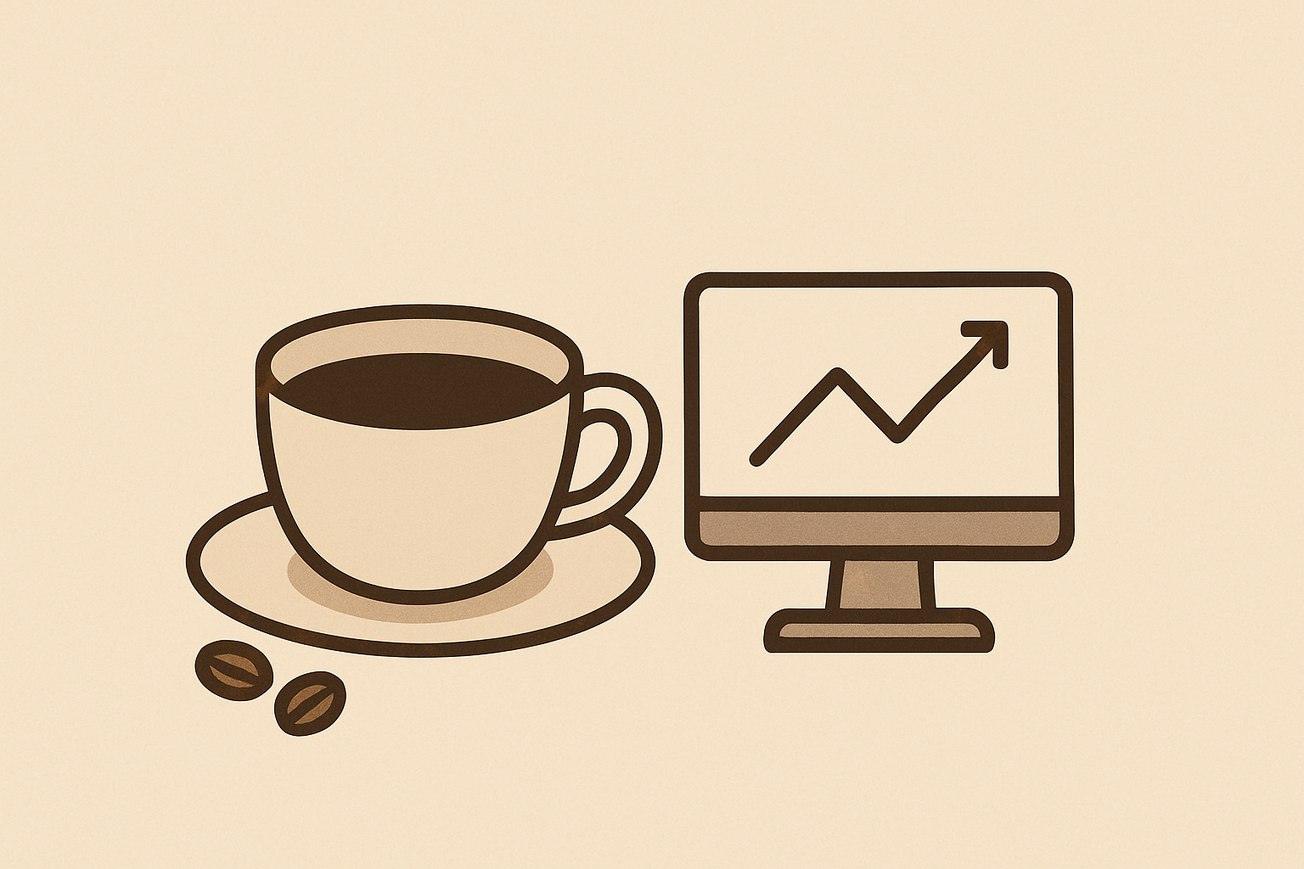If I had a penny for every time someone told me they disliked The Catcher in the Rye, I’d have a mansion overflowing with riches today – the monetary metaphor does little to prove my point, but I’m tired of having heard too many comments of discontentment regarding J.D. Salinger’s coming-of-age novel. It’s short, it has strange observations (not in the bad sense, mind you), and an all-over-the-place feeling. Holden hates just about every person he encounters, barring his sister and the brother he lost too soon. It wouldn’t really strike you as a novel facing PTSD right in its eye, but that’s what it is. Holden’s isn’t the usual teenage ‘turbulence’ – his thoughts run even deeper. So, whenever someone tells me they disliked The Catcher in the Rye, I find myself wondering if it’s the way the book has been written that caught their callous scrutiny, or if it was the subject.
Were they diverted by Holden’s overt disgust for the phoniness of life and the people it darts at him or was it his inner battle with loss that put them off? I fully agree that the protagonist does not shy away or even apologize for his sexist remarks and thoughts – that’s the one thing that I hate about Holden and this cannot be justified. But that doesn’t drive a larger hate of sorts for the whole storyline, in my case. Perhaps I’m a little too inclined towards the book – more than I should be – that I throw myself right ahead to defend any hurtful critique. All the same, the novel urged me to think, even rethink, how we picture and understand mental health.
We are in a better place than the past century in terms of how there’s lesser denial about mental health. Even in literature, we have fewer repugnant symbols like the madwoman in the attic. But we still do not know how to talk to someone who’s going through depression, anxiety, or trauma. The nonchalance with which people get labelled attention-grabbers when they make their suffering known is appalling. Now, with the pandemic twisting matters further – and many having to face job losses, death of a loved one, or stay away from all those people and things that kept them at ease – the discourse on mental health has been brought back to light. When someone says they’re finding it suffocating to remain at home, not see the world around, or go for a run, an immediate reaction follows suit, dismissing the seriousness of the concern.
If you talk of exhaustion, suffocation, sadness, or any other mixture of emotions that you’re experiencing, the listeners often think of a simple solution – your troubles don’t exist at all. To put up with these ‘momentary’, ‘fleeting’, spiralling whirlpools of thought is the natural suggestion that others consider apt to put everything to rest. Or, they might ask you to do an activity you like, talk to a confidante of yours, or just take deep breaths and meditate – what you are supposed to do if none of these options seems plausible is a follow-up question that gets ignored.
I keep hearing the terms sympathy and empathy used interchangeably – their meanings get lost in translation. This must stop. Understand the two are different and that the latter is what we need to be practising more often. While sympathizing may do well for an unimportant, objective and highly formal occasion, empathy is what you need for the personal one-to-one conversations that you have with those around you. Sometimes all that one needs is a good listener – you do not even have to try hard to put all the wrong words in one sentence and be a ‘good’ friend who speaks right, uplifting moods. That is, by no means, a measure of acceptance or de-stigmatization of mental health. Start with the simple things. Sitting down together, being there with them, listening – that’s all it would take at times. And, don't casually go about uttering you've gone through the same situations as the person speaking - no two experiences are ever alike. You can also stop using the technical terms of psychology like an expert - there can be nothing more condescending than this.
Of course, this isn’t a primer on how to be a catcher or a listener – but, bulldozing your way into someone’s mind, will not normalize conversations on mental health.










